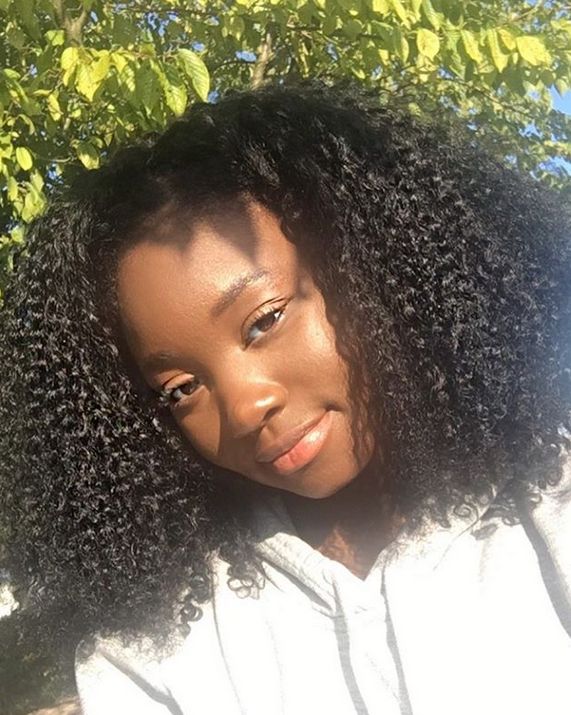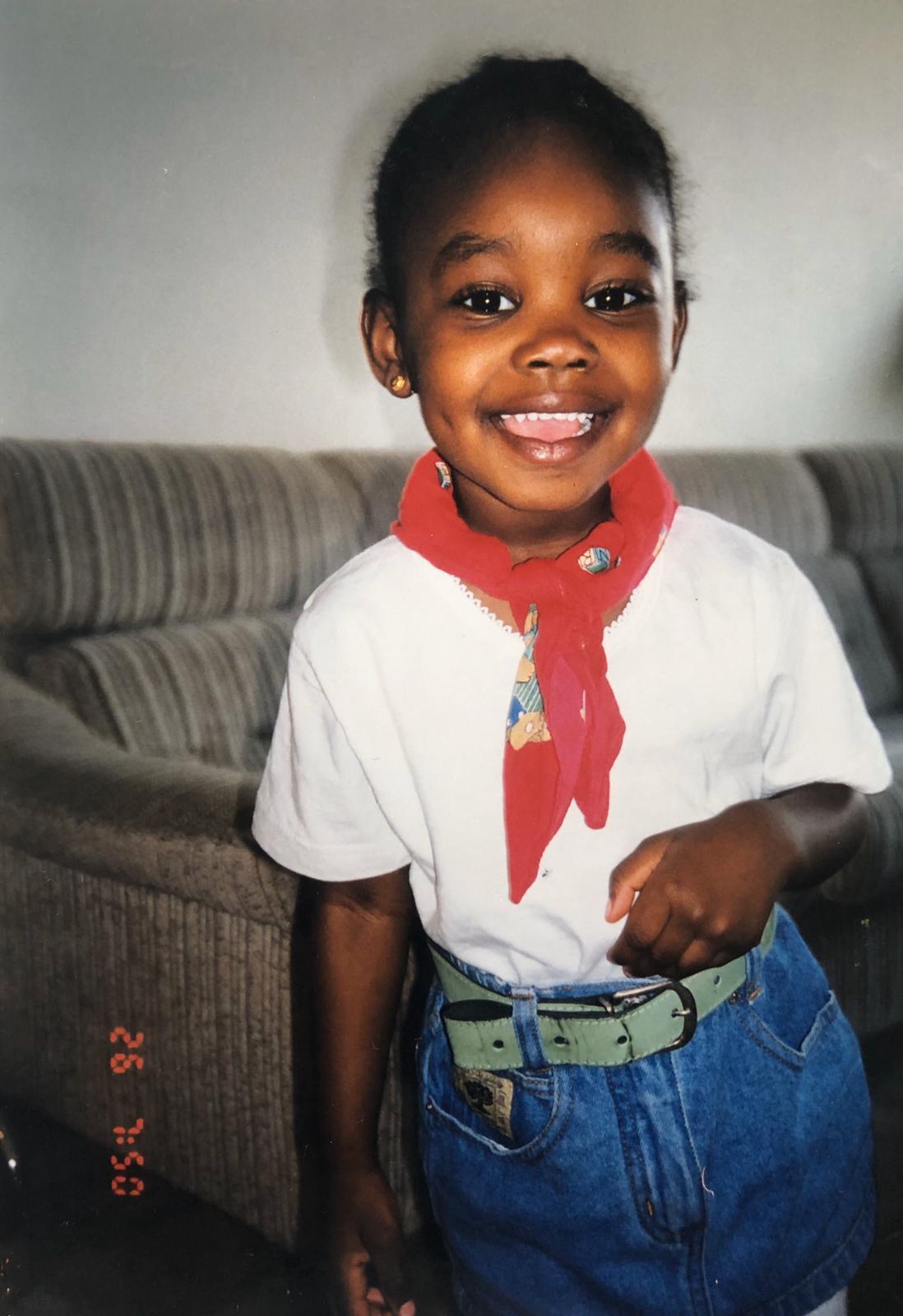Hybrids of Cultures and Identity - bridging the African diaspora through storytelling

The African Diaspora

Fatim Sillah Danish-born communicator with roots in Guinea and Senegal.
At Akuko we wish to bridge the African diaspora through storytelling, as we believe storytelling is a vital tool that allows us to connect with each other. Therefore, we have created this section where we explore the hybrids of cultures between the African diaspora, and how we identify ourselves. Under the tag "Hybrids of Cultures" you will be able read stories and blog entries about the before mentioned.

First let us take a historic dive into how the African diaspora has become what it is today. As we have learned in school or other educational establishments, several events have affected the African diaspora. We know about the Atlantic slave trade, and how some of our ancestors were enslaved and taken from Africa and brought to the Americas, where they lived under inhumane conditions and did hard labor on coffee, tobacco, cocoa, sugar, and cotton plantations.
From this event our ancestry got even more spread out in masses to the Americas for generations, and thus came to be the African Americans and Afro-Latinos, as they identify and will be referred to throughout this post.
Another pivotal event that is important to note is the colonial era Africa went through. Yes, through that era we lost many resources, it could be argued that we still are colonized today, but the most important and probably the richest thing we lost is parts of our culture. Africans were forced to assimilate to European systems, cultures, languages and had to succumb to a Eurocentric way of thinking and viewing the world. Meanwhile this conditioning was also being done to the African Americans and Afro-Latinos overseas who had been ripped from one culture and left with limited access from the other until their society finally saw them as equal.
Nowadays the African diaspora has spread out even more due to immigration, which is what I, Fatim Sillah, am a product of. My father was fascinated with the world, and what else could be out there from his little village in Guinea. At an early age he went out into the world at sea and discovered new continents, countries and cultures. If it wasn’t for my father’s curiosity and love for travelling, I probably would not find myself in Denmark.
New Years 1997. My father always got dressed up for New Years. I always remember his little walk-in closet with all his suits, ties and fancy shoes.


I was born at Herlev Hospital on the 31st of July in 1996 to a half-Guinean and half-Senegalese mother and a Guinean father. I was always fascinated by the stories my parents would tell me about their home. I write “their home” because they have expressed multiple times how they wish to return home when they are older, and so I slowly came to realize as I got older, that they never really felt at home living in Denmark.
Year 1999/2000. I had a scout's day event at my kindergarten , and my mom loved dressing me up like I was her little doll, and this was the result.
As many immigrant African families the opportunities for a better life is one of the main reasons as to why they leave their native country. That emanated a new wave of the African diaspora, where people like me grew up with two cultures, and had to navigate between the two. As mentioned in the beginning, I list all these events to create a picture of how the African diaspora has evolved, and how these hybrids of cultures were created today.
As I grew older and became aware of African history, and I discovered how there were other people who looked like me in different parts of the world, but they spoke another language, or dressed differently, or lived differently, I also became intrigued by all the similarities between us. I couldn’t make sense of our distances and the different societies we lived in, and mostly the traumatic historical events, but somehow our mannerisms were alike.

Now this is where I had to step back and analyze how I, myself, was taught those same mannerisms: my parents. My parents are the direct link between me and the motherland. It made me realize that culture and cultural history is not necessarily something that you can read about on a written document. It is passed on through stories, songs and objects. So, although the slavery trade, colonialism, and immigration happened we have carried our cultural history for generations in other ways, and that is why we might find traces of African culture outside of the African continent. Uncovering these through storytelling is what connects us, and we get to learn about each other’s experiences and how we have chosen to navigate in our respective societies. And that is powerful.


